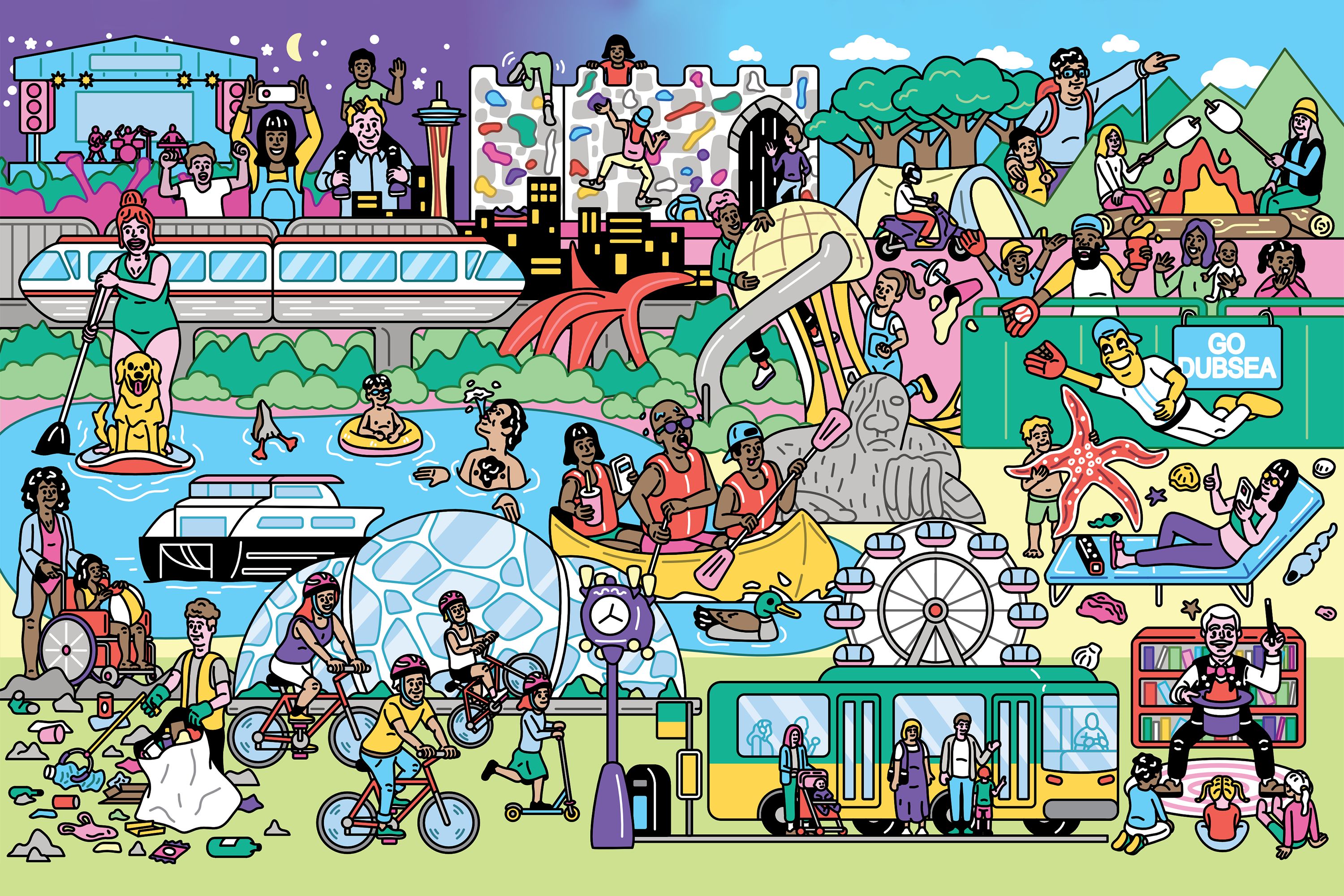Points of Reference: Sharon Van Etten’s 'Tramp'

Sharon Van Etten is in a more comfortable mental place now. Depression dominated the indie folk songwriter’s early albums. And though her songs of sorrow earned her an audience and the admiration of NPR, staying in that mental frame wasn’t exactly what we like to call “healthy.” While her first few records seemed like tiny personal audio journals of her own melancholy, her latest album, Tramp, blows out the scope of her sound. With the help of producer Aaron Dessner (of The National), she forged a rock record without losing sight of her introspective roots. But just because Van Etten writes deeply personal odes, that doesn’t mean her work is devoid of pop cultural influences. We caught up with Van Etten to see what music, movies, and books helped shape Tramp.
John Cale – Fear
John Cale’s record Fear was a starting point for working on the album with Aaron. This record led me to try things, production wise, that I wouldn’t normally try. Just having every song be very diverse and letting a song be itself and not trying to make a concept record or anything like that. John Cale can go from being really sweet and sentimental to being violent and explosive. He just has many, many emotions on his record and says them all. He’s not afraid to make a diverse record.
Patti Smith – Just Kids
I was reading Just Kids a lot when I was homeless, kind of. Not necessarily homeless: I was crashing with friends and family, and subletting, and touring. And even though we’re not similar writers, we have a parallel story. She’s a Jersey kid moving to New York, trying to figure out what she wants to do with her life; and I’m a Jersey kid who moved to New York, and was trying to make music work for me. I didn’t have as many hardships as she did though. [Laughs] It was one of those books that I dragged my feet on because I didn’t want to be done with it. She was really good about romanticizing a lot of what she went through and never talking poorly about anybody. It was kind of a fairytale book; I know she kind of covered up a lot of the dark things that happened.
Iggy Pop/The Stooges – Raw Power
Aaron and I listened to this record a lot because he was trying to convince me to let go and rock out a lot for the record. He said, “Well, what do you listen to that you say is the most raw music you could possibly listen to?” And it was Iggy Pop. I was trying something new, having it be really raw and having it be really harsh and letting myself step out of my comfort zone. He pushed me a lot with that—the power of live recording, as opposed to just track-by-track recording. We tried a few songs live in the studio so we could experience that kind of feeling out together and then you also allow it to be more real.
PJ Harvey – Rid of Me
PJ Harvey definitely was someone that Aaron kept referring to, specifically with the aggressive way of singing, but also with the darker lyrics. Having a producer on a record is kind of intimidating, but from the very beginning he just said, "I want to make your songs better, I don’t want to make them my own." I was afraid that it would sound too polished or too produced. He used PJ Harvey’s solo records versus the ones with the band to show me it didn’t have to take away from the songs.
Kicking and Screaming (1995)
It was Noah Baumbach’s first movie. It’s about people that all of a sudden finish college and then they don’t know what it is that they want to do, but they’re all kind of friends trying to inspire each other and trying to help each other because they really just don’t know what’s going on. It’s the power of friends and the cynicism of what the future holds. ... I’ve watched that movie, like, hundreds of times. It’s kind of been a theme in my life. The beauty of the romance between the couple, but also the reality of humanity and things like that.
Sharon Van Etten (Tennis and Lemolo open)
Aug 7 at 8, Neptune Theatre, $16




